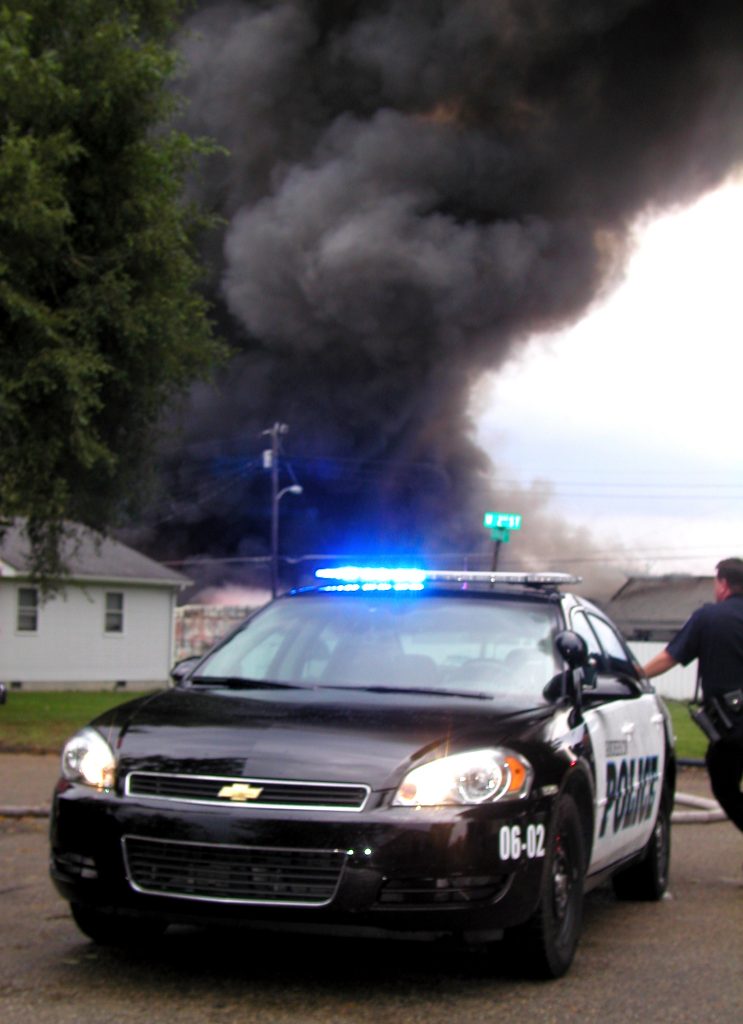 Sometimes a police report isn’t everything in a lawsuit as demonstrated by a recent incident in Bossier City, Louisiana involving a peculiar car accident. Physical evidence and eyewitness testimony in a lawsuit can trump a contradictory police report. Therefore, it is important that a person involved in such an incident immediately contacts an excellent attorney who is capable of sifting through mountains of information and presenting it in a way that exposes a potentially faulty police report.
Sometimes a police report isn’t everything in a lawsuit as demonstrated by a recent incident in Bossier City, Louisiana involving a peculiar car accident. Physical evidence and eyewitness testimony in a lawsuit can trump a contradictory police report. Therefore, it is important that a person involved in such an incident immediately contacts an excellent attorney who is capable of sifting through mountains of information and presenting it in a way that exposes a potentially faulty police report.
This was the situation with regard to the car accident between Amanda Moreland and Dr. Abdullah Gungor. Ms. Moreland and Dr. Gungor were driving on Benton Road in Bossier City when they crashed. Fortunately, no one was injured, but both cars were damaged. The accounts of how the accident occurred differed significantly. The police report supported Ms. Moreland’s story, but the physical evidence and eyewitness testimony supported Dr. Gungor’s. Based on the police report and an expert that she hired, Ms. Moreland brought a lawsuit against Dr. Gungor for the damages to her car. However, the District Court was persuaded by the physical evidence and eyewitness testimony and ruled that Dr. Gungor was not at fault. The case was dismissed. Ms. Moreland appealed and argued that there was manifest error in the District Court’s ruling because it disregarded the police report and the interpretation of the accident by her expert. The Second Circuit Court of Appeal found no manifest error and affirmed the District Court’s judgment as reasonable in light of the evidence.
The incident at issue in this case began when both Dr. Gungor and Ms. Moreland were driving on Benton Road. Dr. Gungor was ahead of Ms. Moreland as they both drove toward Benton Spur. At Benton Spur, the cars collided just before a traffic light. Both parties agreed to these facts, but who caused the crash was the matter of dispute and at the heart of the lawsuit. Dr. Gungor’s BMW was damaged on the driver’s side rear while Ms. Moreland’s Cobalt was damaged on the passenger’s side front. This infers that Ms. Moreland crashed into Dr. Gungor from behind. Despite the location of the damage, the police officer took statements from both parties and wrote in his accident report that Dr. Gungor crashed into Ms. Moreland. He based his report on Ms. Moreland’s statement that Dr. Gungor “suddenly came into her lane and they crashed” and a statement allegedly attributed to Dr. Gungor that he “swerved into the left lane” because he had to avoid another car. This police accident report was the basis of Ms. Moreland’s lawsuit against Dr. Gungor. She also hired an accident reconstruction expert who, relying largely on the accident report, supported her argument that Dr. Gungor was at fault.
 Louisiana Personal Injury Lawyer Blog
Louisiana Personal Injury Lawyer Blog


 Uninsured and underinsured motorist coverage is an insurance add-on that protects you against another person’s failure to maintain adequate insurance. This coverage can pay for injuries and property damage caused by another motorist who is not carrying adequate insurance. However, the policy will only cover those things set out in the agreement with the insurer. All insurance agreements are considered contracts under Louisiana law. Therefore, the rules governing contracts generally apply to insurance agreements.
Uninsured and underinsured motorist coverage is an insurance add-on that protects you against another person’s failure to maintain adequate insurance. This coverage can pay for injuries and property damage caused by another motorist who is not carrying adequate insurance. However, the policy will only cover those things set out in the agreement with the insurer. All insurance agreements are considered contracts under Louisiana law. Therefore, the rules governing contracts generally apply to insurance agreements.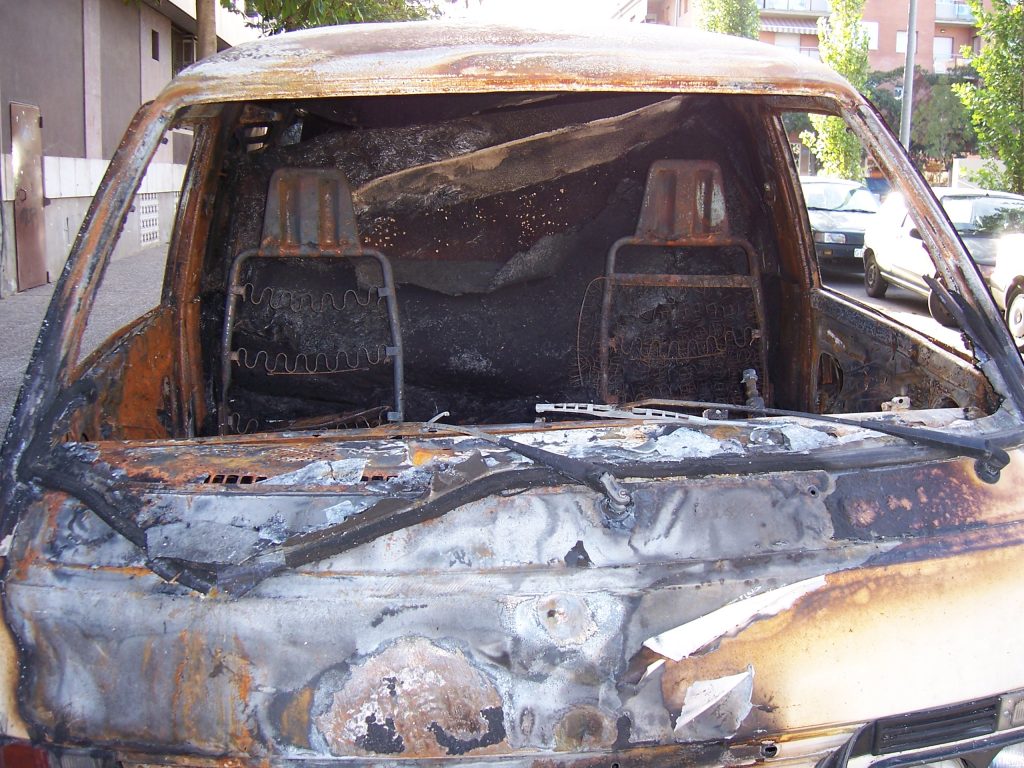 If you ever suffer from a slip and fall, car accident, or other personal injuries you may be awarded compensation for your injuries by the court. The legal system relies on juries, as triers of fact, to determine damages suffered by parties, and the amount of compensation the injured person is entitled to. The jury’s obligation is to evaluate the facts in a reasonable manner and assign compensation. When the jury in a personal injury case renders a verdict and announces an award, that amount should not be amended unless there is an obvious error in the award. See
If you ever suffer from a slip and fall, car accident, or other personal injuries you may be awarded compensation for your injuries by the court. The legal system relies on juries, as triers of fact, to determine damages suffered by parties, and the amount of compensation the injured person is entitled to. The jury’s obligation is to evaluate the facts in a reasonable manner and assign compensation. When the jury in a personal injury case renders a verdict and announces an award, that amount should not be amended unless there is an obvious error in the award. See 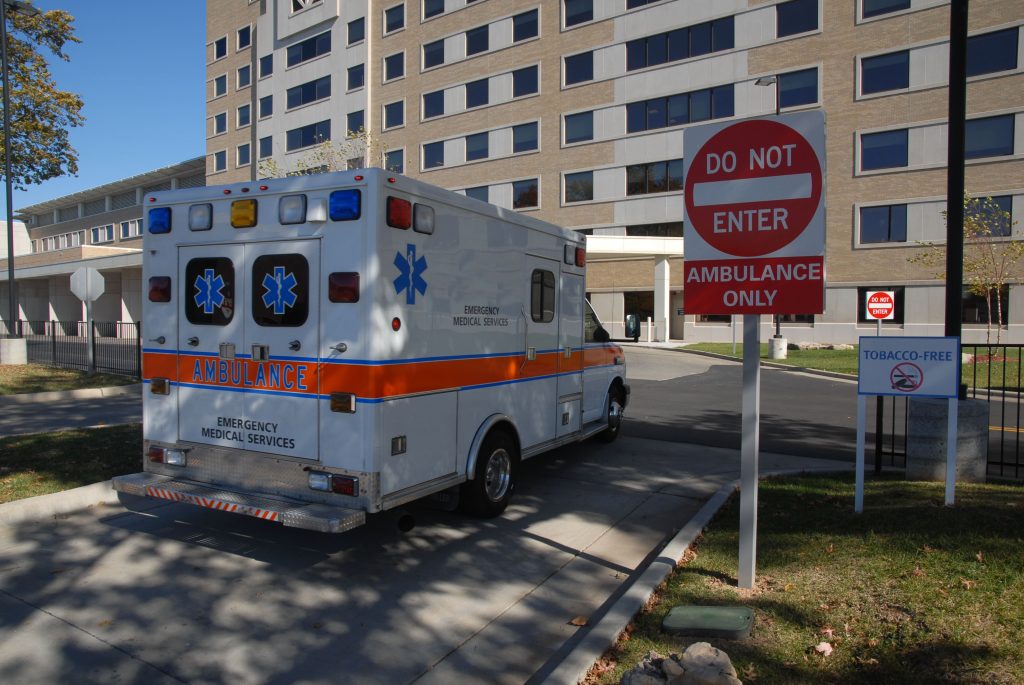 If you are injured in an accident, it is important to be prepared before you testify at your deposition. Otherwise, you may find yourself making statements that opposing counsel can use against you. This is the painful lesson Dwan Jones learned in 2015, when a Louisiana Court of Appeals affirmed a trial court’s dismissal of her case before it even went to trial. Dwan was injured in an automobile accident while riding in the passenger seat of an ambulance that was transporting a patient to the hospital. Based on Jones’ own testimony during a deposition, the Court of Appeals affirmed that Jones had made statements that negated the presence of any genuine dispute of material fact. Had Jones’ answered the questions differently her case may have at least gone to trial, which would have allowed a jury to determine whether her injuries were caused by the ambulance driver’s actions.
If you are injured in an accident, it is important to be prepared before you testify at your deposition. Otherwise, you may find yourself making statements that opposing counsel can use against you. This is the painful lesson Dwan Jones learned in 2015, when a Louisiana Court of Appeals affirmed a trial court’s dismissal of her case before it even went to trial. Dwan was injured in an automobile accident while riding in the passenger seat of an ambulance that was transporting a patient to the hospital. Based on Jones’ own testimony during a deposition, the Court of Appeals affirmed that Jones had made statements that negated the presence of any genuine dispute of material fact. Had Jones’ answered the questions differently her case may have at least gone to trial, which would have allowed a jury to determine whether her injuries were caused by the ambulance driver’s actions. Once a court rules on a motion or a jury verdict is delivered, the losing party faces an uphill battle in getting a reversal.
Once a court rules on a motion or a jury verdict is delivered, the losing party faces an uphill battle in getting a reversal.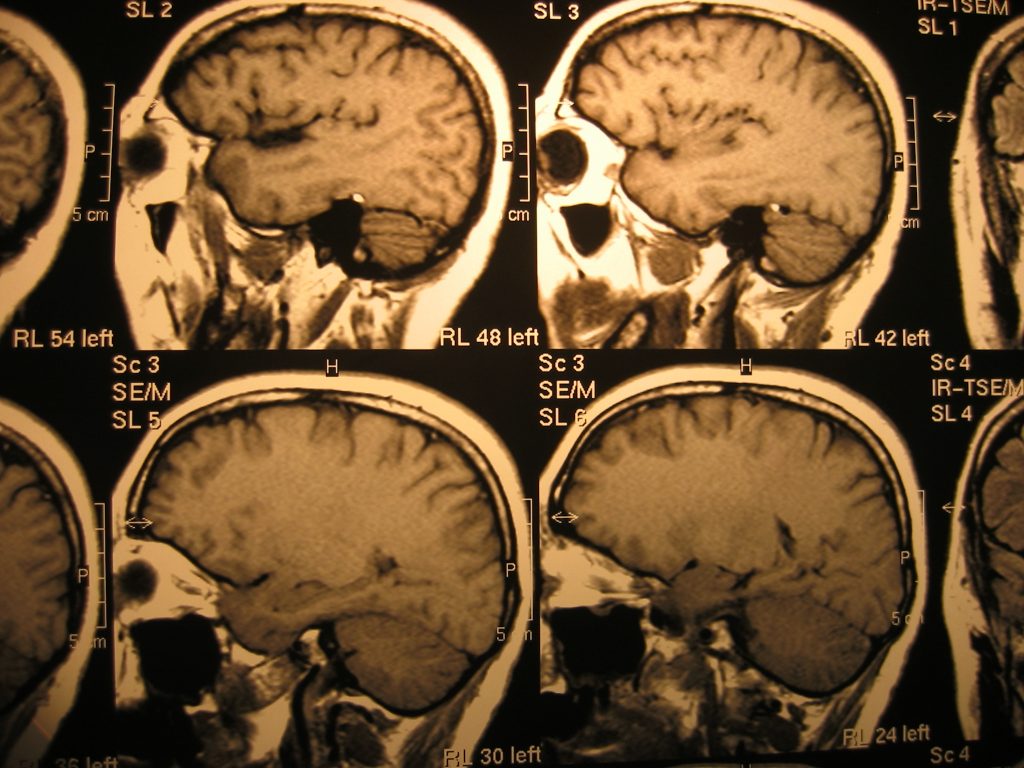 Often, when a person gets into an accident, they may not immediately feel the injury. In fact, after a slip and fall, car accident, or other personal injury, it may take a long time for a person to begin feeling the effects of the injury. As such, when an injured person brings a lawsuit alleging that another party caused the accident and the injury, it can be difficult to to prove those allegations, especially if a significant amount of time has passed since the incident. The longer the time between the accident and the onset of related symptoms, the harder this connection be to prove, even for a great lawyer. Moreover, it may even seem like the injured plaintiff is falsely blaming the accident for a completely unrelated pain, and a jury isn’t likely to be sympathetic.
Often, when a person gets into an accident, they may not immediately feel the injury. In fact, after a slip and fall, car accident, or other personal injury, it may take a long time for a person to begin feeling the effects of the injury. As such, when an injured person brings a lawsuit alleging that another party caused the accident and the injury, it can be difficult to to prove those allegations, especially if a significant amount of time has passed since the incident. The longer the time between the accident and the onset of related symptoms, the harder this connection be to prove, even for a great lawyer. Moreover, it may even seem like the injured plaintiff is falsely blaming the accident for a completely unrelated pain, and a jury isn’t likely to be sympathetic.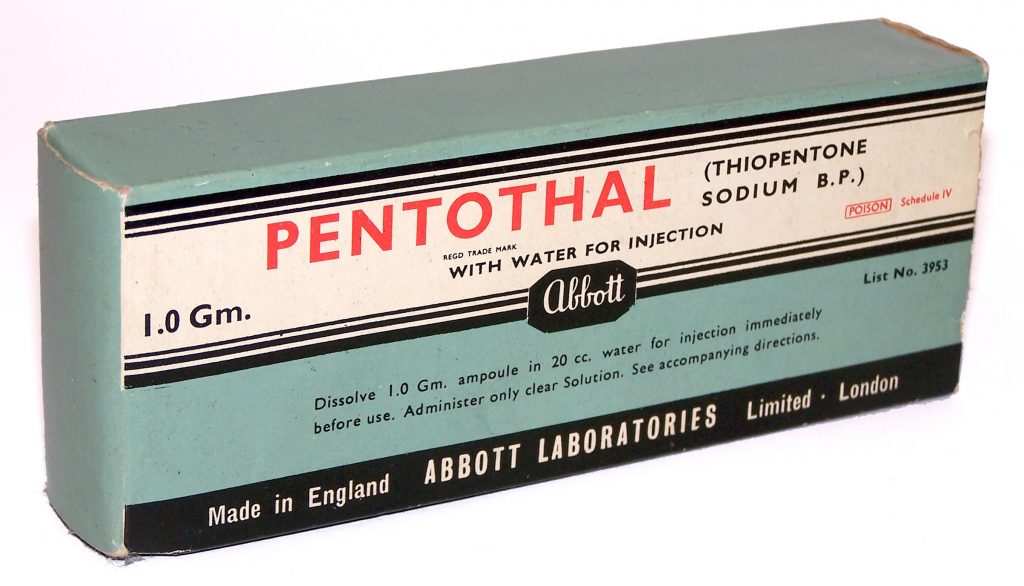 Credibility is an important factor that the court requires in a witness to determine truthfulness in their testimony. If the court does not believe a plaintiff or a defendant he could lose his case. In this case, the plaintiff, lacked credibility due to inconsistencies in his testimony about his pre-existing medical condition.
Credibility is an important factor that the court requires in a witness to determine truthfulness in their testimony. If the court does not believe a plaintiff or a defendant he could lose his case. In this case, the plaintiff, lacked credibility due to inconsistencies in his testimony about his pre-existing medical condition. 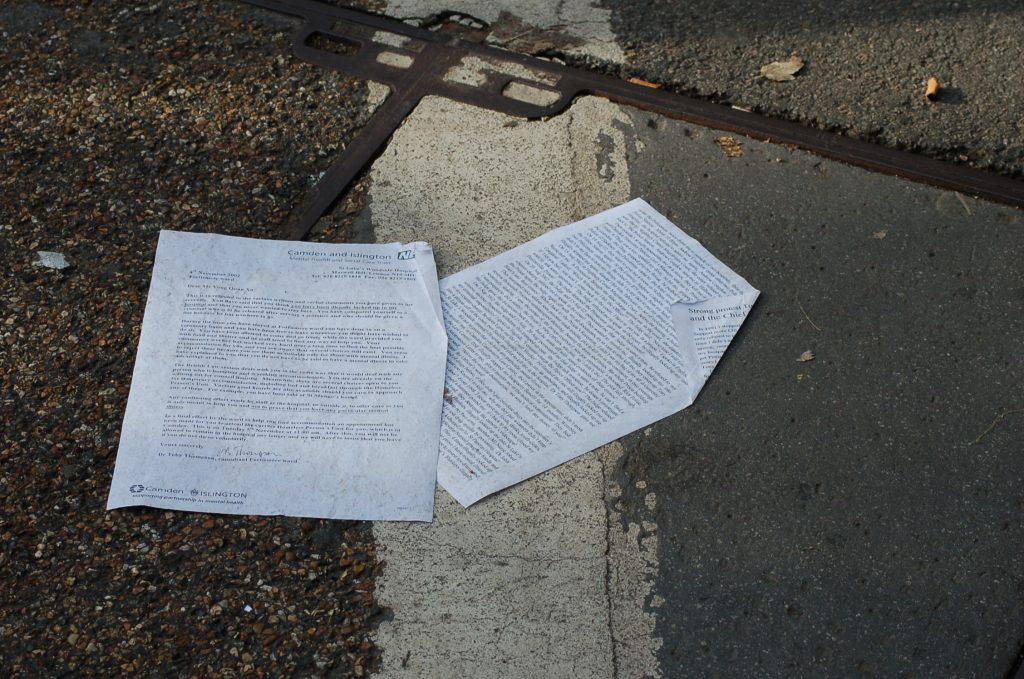 Insurance policies can still be intact even if the insured fails to pay if the insurance company fails to follow the proper protocol in informing the insured that he or she no longer has coverage. State Farm found themselves liable for coverage in just a situation.
Insurance policies can still be intact even if the insured fails to pay if the insurance company fails to follow the proper protocol in informing the insured that he or she no longer has coverage. State Farm found themselves liable for coverage in just a situation. 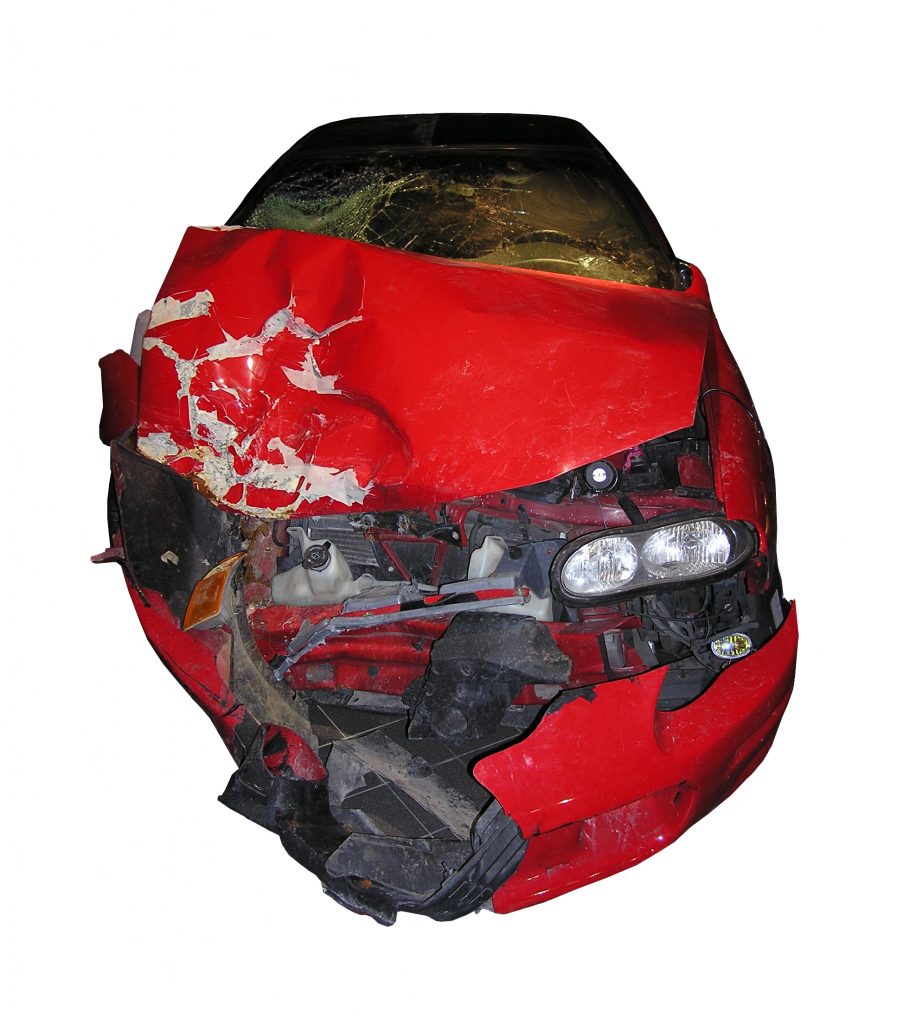 Anytime you get in a car can be a life and death situation. While no one ever wants to think about the worst, what will your insurance cover if the worst does happen. Your policy may not only need to cover you and those injured, it could need to cover your employer if you were driving in the scope of your employment.
Anytime you get in a car can be a life and death situation. While no one ever wants to think about the worst, what will your insurance cover if the worst does happen. Your policy may not only need to cover you and those injured, it could need to cover your employer if you were driving in the scope of your employment.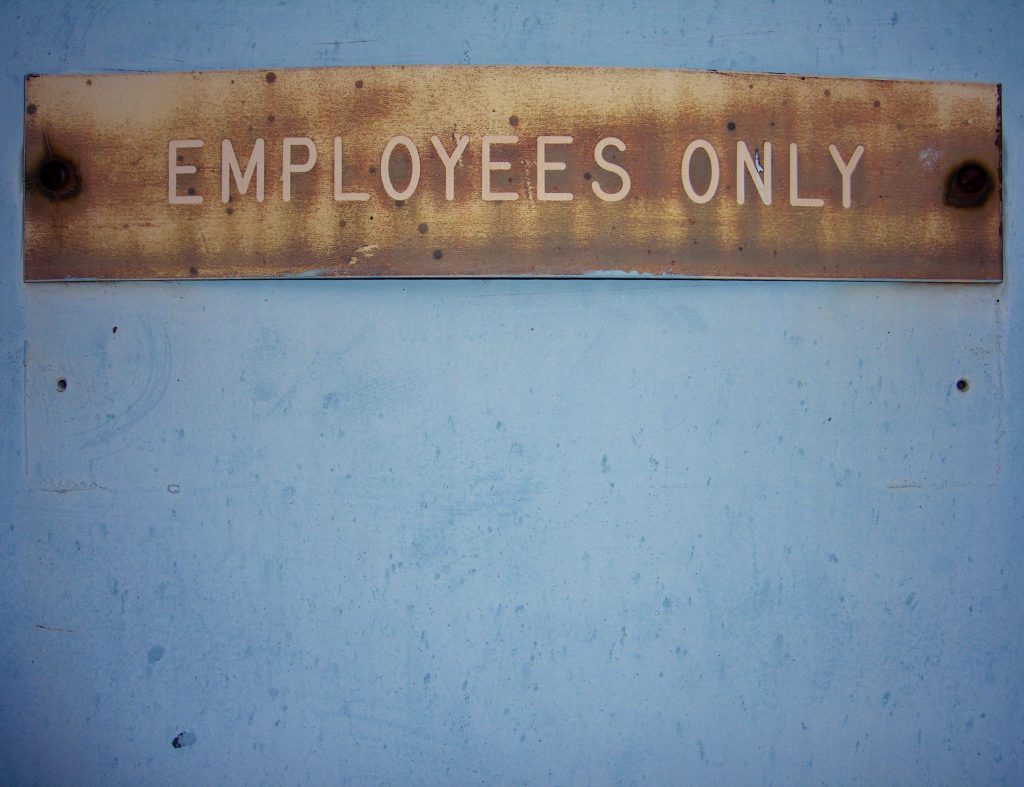 If you have been injured in an automobile accident, you deserve to be properly compensated for your injuries. Sometimes, unfortunately, the person who caused the injury may not be able to adequately compensate you. This does not mean you are out of luck. If the person responsible for your injury caused it while working as an employee, the employer may be liable as well. That is why is its extremely important to hire a good lawyer who will apprise you of all avenues of recovery under the law. In a recent case, the Louisiana Second Circuit Court of Appeal discusses an employer’s liability for an employee’s accident.
If you have been injured in an automobile accident, you deserve to be properly compensated for your injuries. Sometimes, unfortunately, the person who caused the injury may not be able to adequately compensate you. This does not mean you are out of luck. If the person responsible for your injury caused it while working as an employee, the employer may be liable as well. That is why is its extremely important to hire a good lawyer who will apprise you of all avenues of recovery under the law. In a recent case, the Louisiana Second Circuit Court of Appeal discusses an employer’s liability for an employee’s accident.